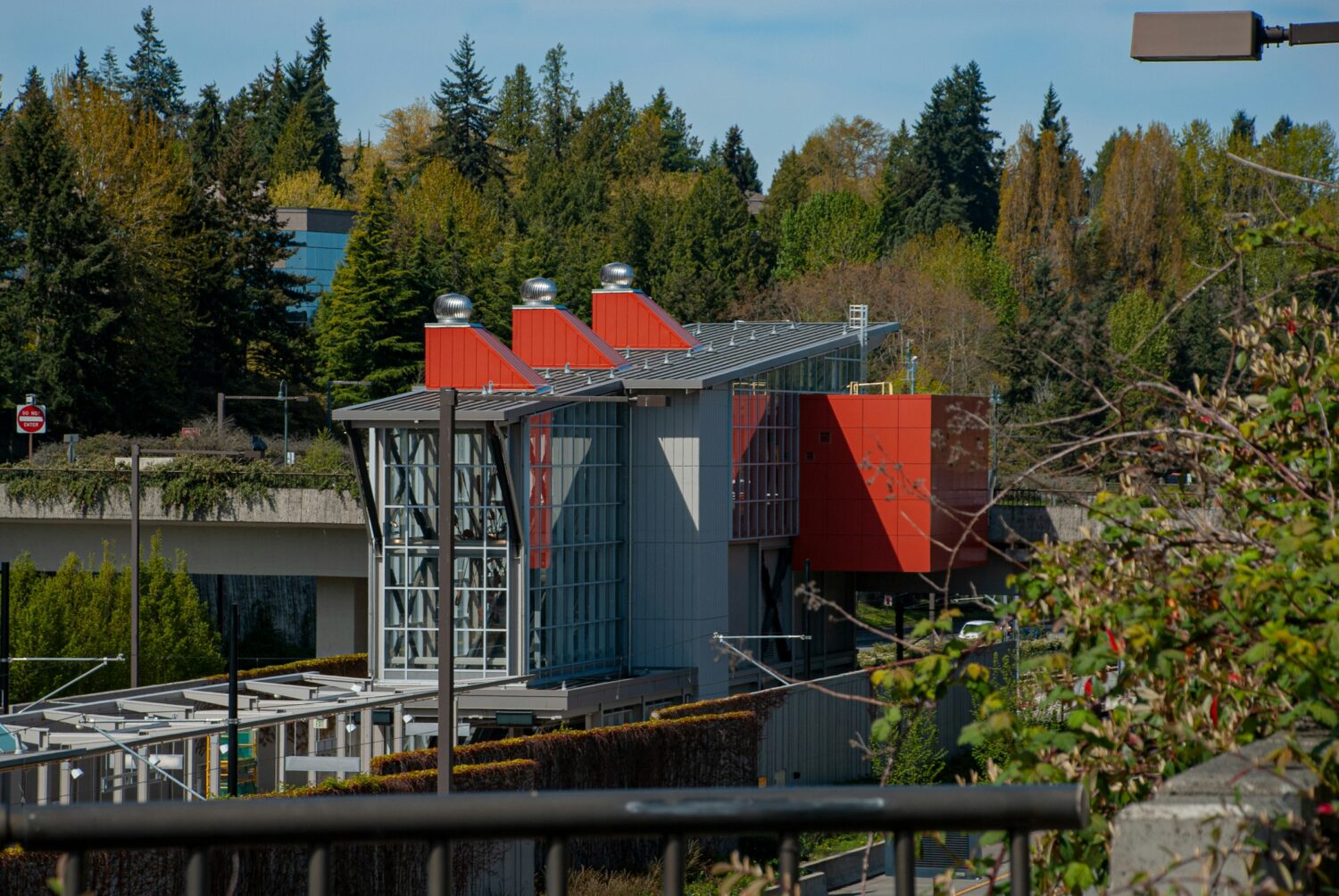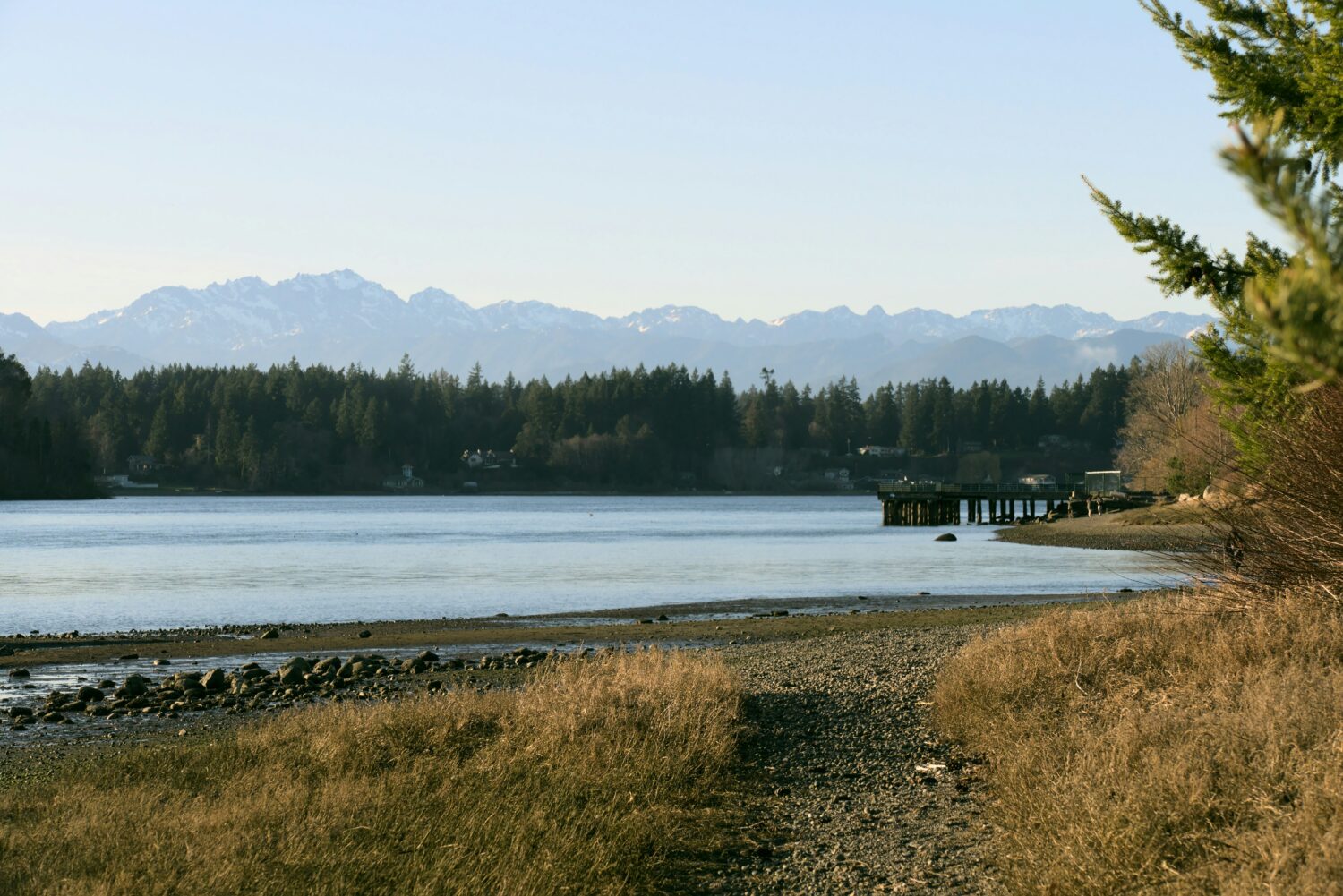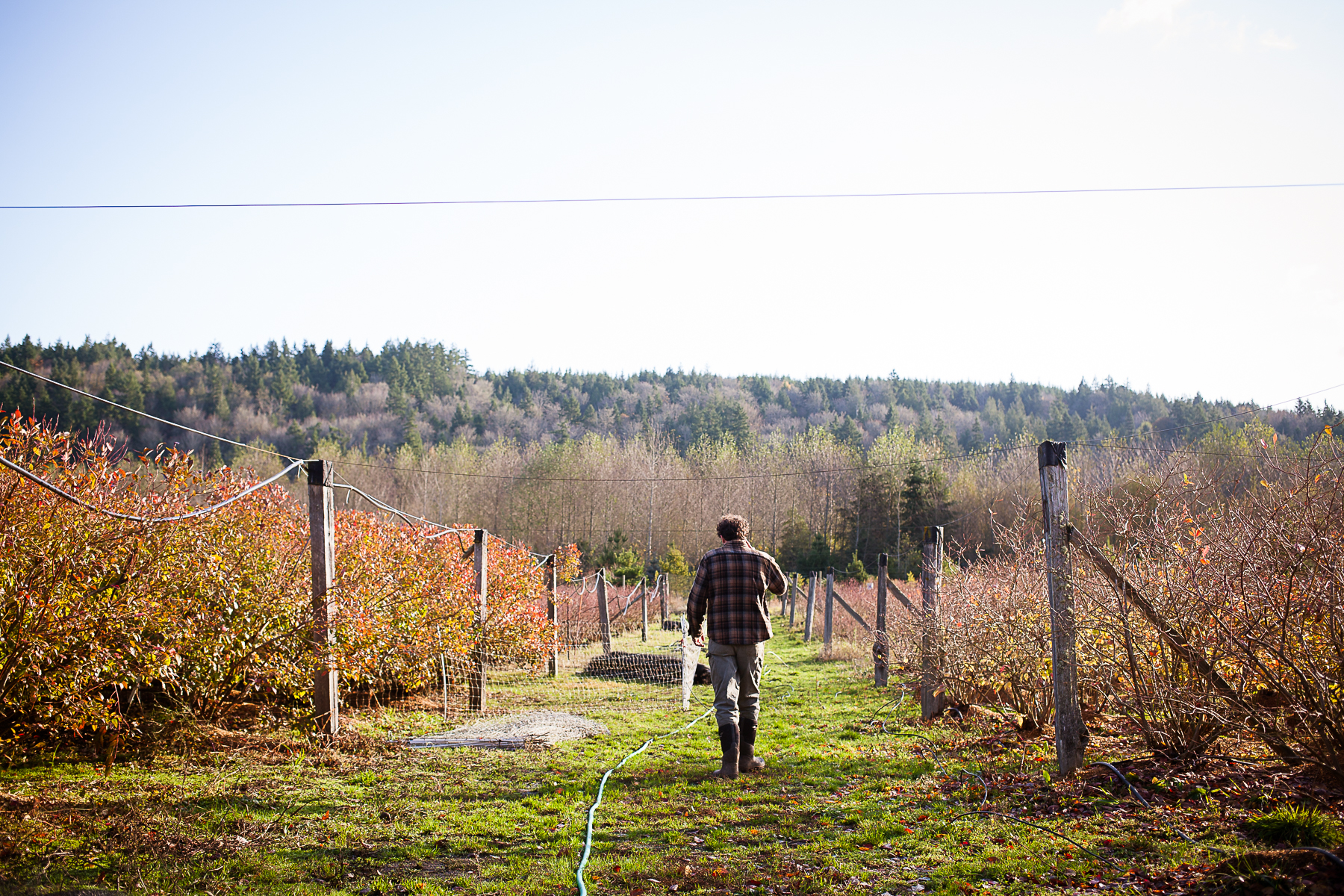In April, 2025 Futurewise filed our appeal of the Kitsap County comprehensive plan – our first county appeal of the 2024-2027 comprehensive plan update cycle, and the first county appeal addressing the updated housing and rural protection requirements from the State Legislature in 2021 (HB 1220) and the Puget Sound Regional Council’s VISION 2050.
There were four key issues in our appeal of the Kitsap County comprehensive plan: housing supply and affordability, rural growth, agricultural conservation, and surface and groundwater protection.
Our appeal aimed to demonstrate that we can successfully increase housing capacity, especially for low-income families, in our cities and towns while still protecting agricultural lands and open spaces for future generations.
August 2025 Update
The Growth Management Hearings Board decision was released with a big win, and some other mixed results on our contentions
The Hearings Board agreed with Futurewise that the County’s comprehensive plan:
- Failed to identify sufficient land for affordable housing, especially for low, very low, and extremely low and moderate-income levels. This decision is tremendous news for the implementation of new affordable housing policy statewide.
- Failed to identify multimodal emergency and evacuation routes and other development regulations to reduce and mitigate the risk to lives and property from wildfires.
And on three issues, Futurewise’s claims were dismissed:
- On rural growth rates, Kitsap’s comprehensive plan was found to be compliant.
- On designation of agricultural and natural resource lands, the Hearings Board agreed with the County that adequate analysis of agricultural and natural resource areas occurred.
- Futurewise’s contention regarding protection of surface and groundwater resources was dismissed on the basis that an earlier regulation had already addressed the requirement.
October 2025 Update
Futurewise appeals the decision on ground water
Futurewise will be moving to transfer this case to the court of appeals, to consider Issue 13- relating to limiting withdrawals from permit-exempt wells, which impacts instream flows and salmon habitat.



